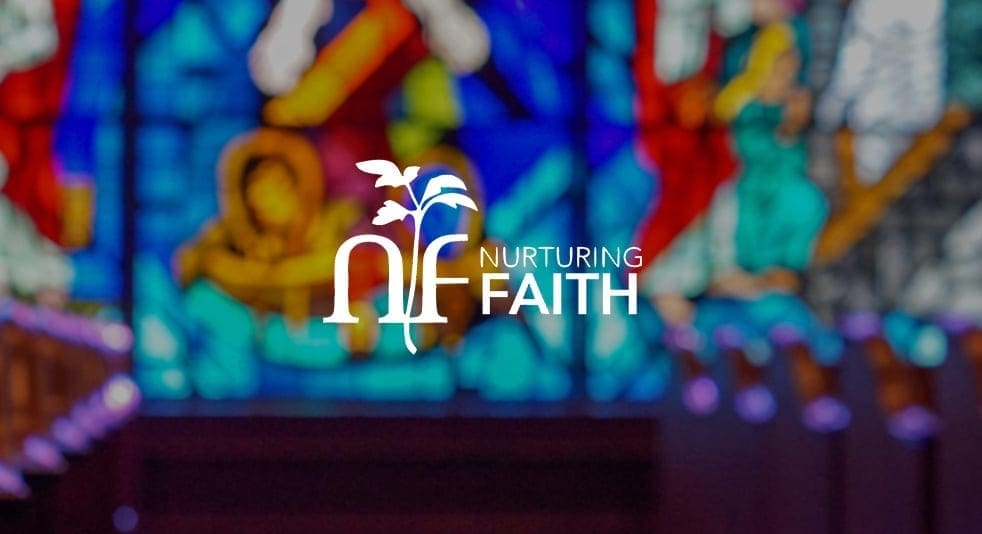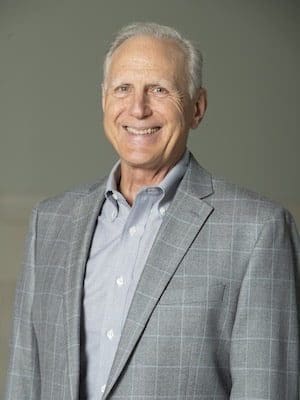“I’m a believer that the church has to transform the culture, not the culture transforming the church,” said Pastor Jeff Kersey of Mt. Horeb United Methodist Church in Lexington, S.C., speaking in opposition to equality for LGBTQ persons.
Where have I heard that before?
Anytime the church has been asked to rethink its role in divinely-excused discrimination, the rallying cry has been that the church should change culture instead of culture changing the church. Yet the reality is that most often the church lags behind the larger culture in righting social wrongs.
It was true of slavery, racial equality, women’s rights and now justice for LGBTQ persons. Often I’ve put it in terms of the church being the caboose rather than the engine of needed social change.
Having claimed God and the Bible are on one’s side requires more follow-up than admitting, “Oops, I was wrong.” It requires confessing one’s misrepresentation of the divine — which is hard to do.
Hence, for example, Southern Baptists needed a central and a half to start publically acknowledging its error regarding support of human slavery.
That most atrocious institution was defended by the pulpit-pounding, Bible-quoting assurance that God’s design was for people of color to serve the superior white population.
Leading Frederick Douglass to say: “Between the Christianity of this land and the Christianity of Christ, I recognize the widest possible difference — so wide that to receive the one as good, pure, and holy, is of necessity to reject the other as bad, corrupt, and wicked… I love the pure, peaceable, and impartial Christianity of Christ; I therefore hate the corrupt, slave-holding, women-whipping, cradle-plundering, partial and hypocritical Christianity of this land.”
An introductory college course in sociology of religion was perhaps my most important learning experience. It shattered the false notion that my religious indoctrination and practice were somehow purely Gospel — rather than a culturally-shaped Americanized religious expression based on portions and perspectives selectively drawn from the Holy Bible.
This fresh knowledge did not invalidate my inherited and embraced faith but provided the needed awareness of the cultural lens through which I — and those around me — see religious truth.
Take your stand. But don’t blame it on God or the Bible.
And before claiming that the church should shape culture rather than the other way around, consider when and where that’s been said before.
Director of the Jesus Worldview Initiative at Belmont University in Nashville, Tennessee and former executive editor and publisher at Good Faith Media.



